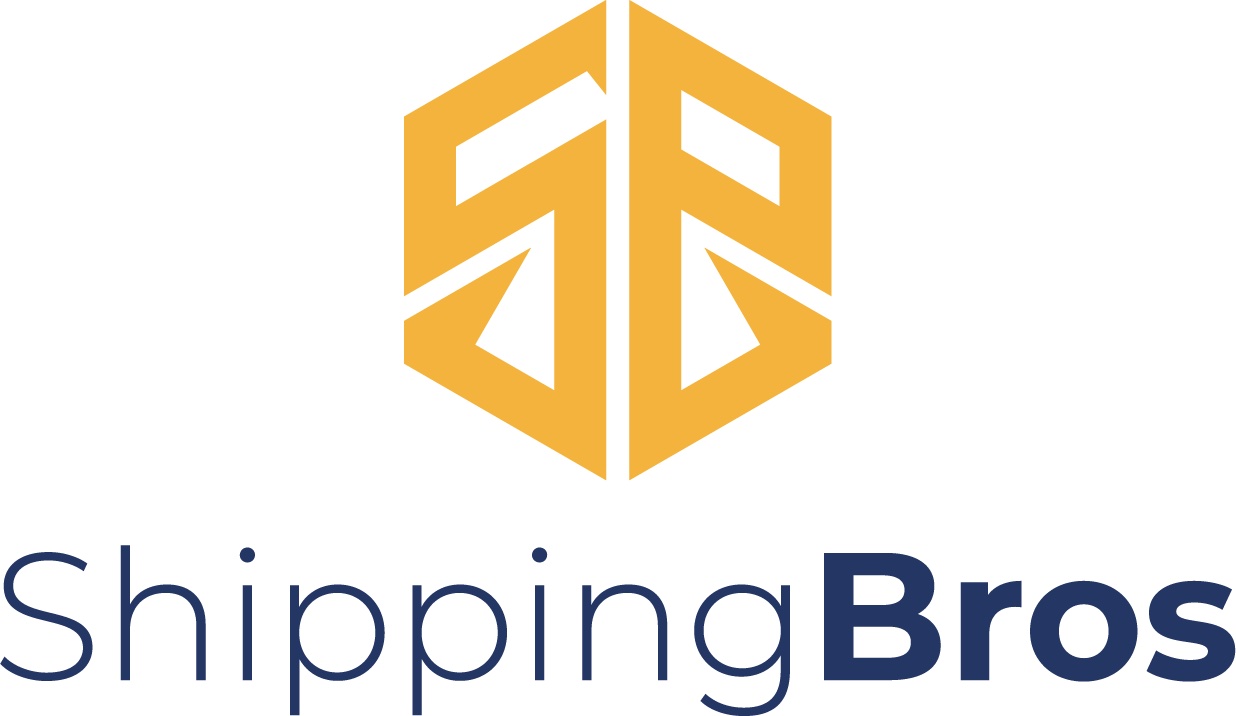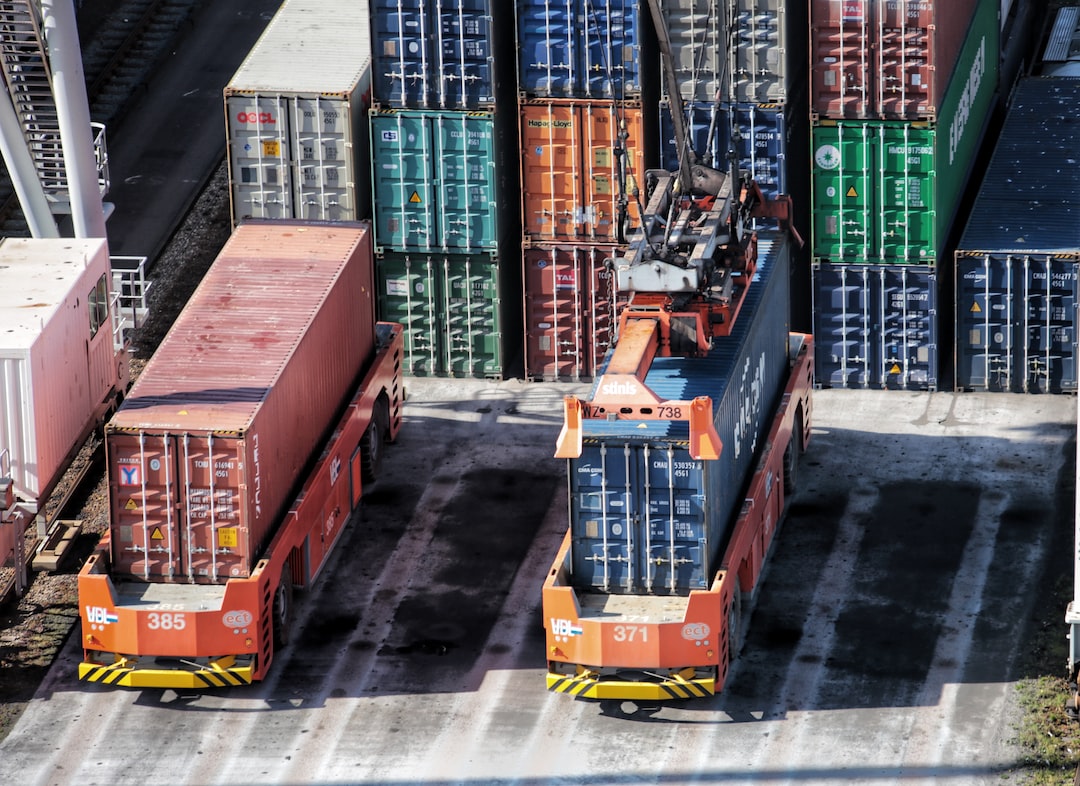Understanding Incoterms: A Guide to International Shipping Terms
In the world of international trade, the use of standardized shipping terms is crucial to ensure smooth communication and transactions between buyers and sellers. One such set of terms is Incoterms, which stands for International Commercial Terms. These terms outline the responsibilities and obligations of the buyer and the seller in international shipping transactions.
Incoterms are a set of rules established by the International Chamber of Commerce (ICC). They provide clarity and uniformity in contracts and help prevent misunderstandings and disputes. Whether you are a seasoned exporter or just starting in the world of international trade, understanding Incoterms is essential to successfully navigate the complexities of global shipping.
One of the key advantages of using Incoterms is that they clearly define the division of costs and risks between the buyer and the seller. The terms specify which party is responsible for arranging transportation, insurance, customs clearance, and other associated costs. This clarity helps avoid misunderstandings and ensures that both parties are aware of their rights and obligations.
There are several Incoterms, each denoted by a three-letter code. Some commonly used ones include EXW (Ex Works), FOB (Free on Board), CIF (Cost, Insurance, and Freight), and DDP (Delivered Duty Paid). Each term indicates a specific point in the shipping process where the transfer of responsibility occurs and defines who is responsible for which costs.
For example, EXW refers to a situation where the seller makes the goods available at their premises, and the buyer is responsible for all subsequent transportation, risks, and costs. On the other hand, DDP means that the seller bears all costs and risks until the goods are delivered to the specified destination, including customs duties and taxes.
While understanding Incoterms is crucial for all international traders, it is particularly important for ecommerce businesses looking to expand their reach to international markets. With the rise of online shopping and cross-border trade, ecommerce businesses need to carefully choose the most suitable Incoterm for their shipments.
Selecting the right Incoterm can have a significant impact on the overall cost and efficiency of an ecommerce business. To ensure a smooth and hassle-free international shipping experience, ecommerce businesses should consider partnering with the best third-party logistics (3PL) providers for ecommerce.
A reliable 3PL provider can offer valuable expertise in navigating international logistics, customs regulations, and Incoterms. They can help ecommerce businesses select the most appropriate Incoterm for their specific needs and handle all the associated logistics, ensuring timely delivery and customer satisfaction.
When choosing a 3PL provider for ecommerce, businesses should look for a company that has a proven track record of handling international shipments efficiently and effectively. The provider should have a strong network of global partners, robust technology solutions, and a customer-centric approach.
In conclusion, understanding Incoterms is crucial for all businesses engaged in international trade. These standardized shipping terms enable clear communication and help prevent disputes. For ecommerce businesses, partnering with the best 3PL provider for ecommerce can ensure a seamless international shipping experience, allowing them to expand their global reach and enhance their customer satisfaction.
************
Want to get more details?
Shipping Bros
https://www.shippingbros.com/
Shipping Bros warehouses, preps, and ships goods for people who sell products online.
For more information on Best 3PL for ecommerce contact us anytime.

